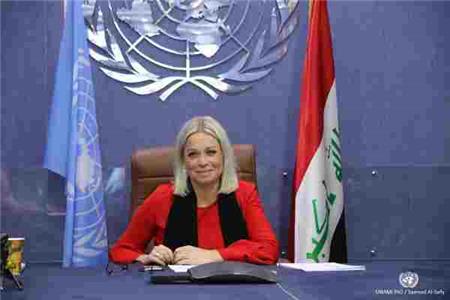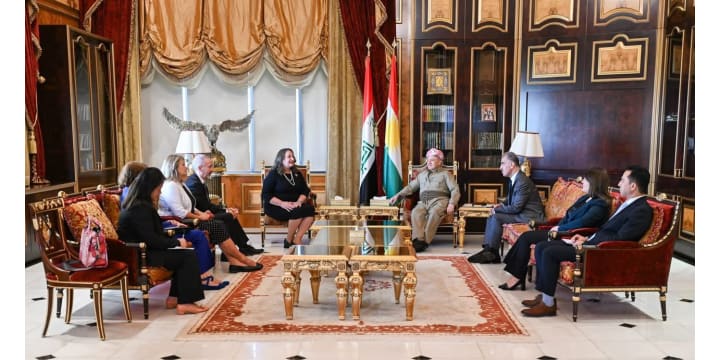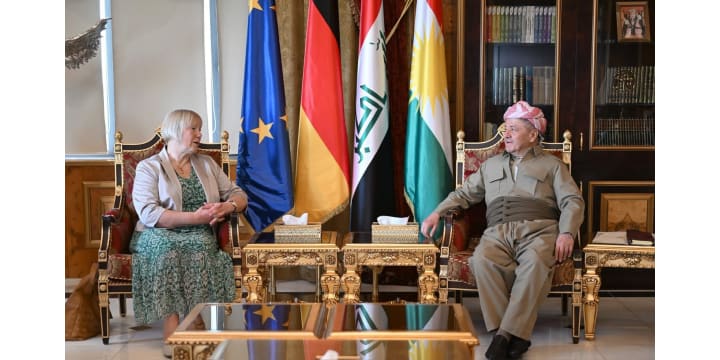
Special Representative of the United Nations Secretary-General for Iraq and head of the United Nations Assistance Mission for Iraq (UNAMI), Ms. Jeanine Hennis-Plasschaert held a video-teleconference from Baghdad on 24 November, 2020, brief
Ms. Hennis-Plasschaert began her briefing outlining the ongoing issues and challenges facing Iraq. “The financial and economic situation in Iraq remains troubling, to say the least,” she states, while adding, “Serious measures to address the ongoing financial and economic crisis cannot wait, not for a day. Government, parliament, political parties and others will have to step up to the plate collectively.”
Iraq is set to hold elections in 2021, but the Special Representative outlined the importance of these issues and hoping they would not be swept under the rug.
On 12 November, 2020, the Iraqi Parliament held a session passing a new borrowing law, with the exception of all Kurdish Parliamentarians. The Parliament resorted to borrowing money in order to meet its obligations for the remainder of 2020, including payments for public sector salaries.
Ms. Hennis-Plasschaert stated the borrowing law that has been amended and adopted by parliament significantly limits the government’s room for maneuver.
The following was cited in regards to the Baghdad-Erbil relations, “A positive and constructive relationship between Federal Iraq and the Kurdistan Region is key to the stability of the whole country. However, the recent vote in parliament on the borrowing law has shown us once again how brittle this relationship is.”
Addressing the current issue, she continued, “Let us be clear, it takes two to tango. We expect both parties to keep their side of the bargain. We expect both parties to demonstrate transparency. It should be clear; however, that a Kurdish Region public servant is not only a Kurdish Region public servant, she or he is also an Iraqi citizen and the payment of public servants should be shielded from political disputes. They cannot and should not be collectively minimized. A solution is urgent and a political will to find a way out will once more be of greatest importance. Constructive negotiations between Baghdad-Erbil are hampered by unclear constitutional guidance, and this ambiguity takes a daily toll on the numerous outstanding issues. In the last 15 years, many opportunities to arrive at a clear set of principles, rules and guidelines have been wasted, but an agreement must urgently be found to how to enhance the federal system. And yes, with many other pressing issues on their plate, Iraq leaders and politicians may be tempted to ignore this issue, but the bit of truth is as long as no lasting solutions are found, the relationship will not get any better, on the contrary.”
On the subject of Sinjar, Ms. Hennis-Plasschaert mentioned the following, “A heart warm agreement was signed between Baghdad and Erbil in early October. An important agreement as it can pave the way for a new chapter for Sinjar and for all Sinjari’s. A chapter where the interest of the Sinjari people will come first. A chapter where reconstruction will be accelerated and public service delivery improved. A chapter where Sinjari’s can return home. Signing of such an agreement is just the first step. Swift, decisive and well-coordinated implantation will now prove essential. Stabile security structures are priority, followed by a unified administration.”
The briefing included a few additional topics in regards to Baghdad but in closure, she called for continued solidarity to the people of Iraq.

